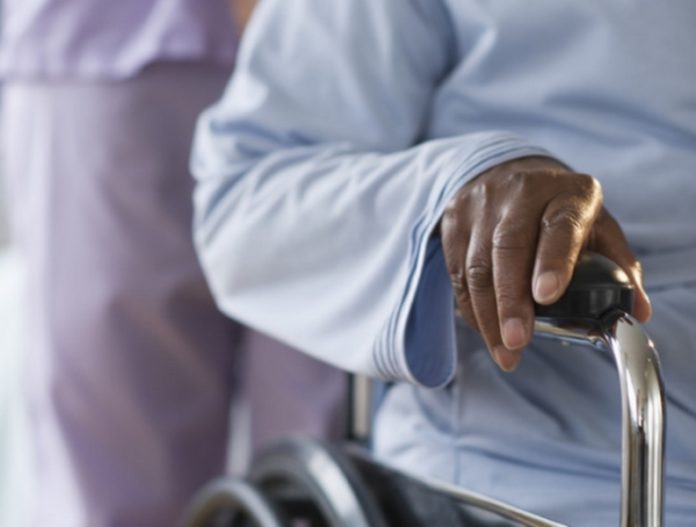Statistics from the World Health Organisation (WHO) indicate that annually, 15 million people worldwide suffer from stroke.
Stroke is a disease that affects the arteries leading to and within the brain.
Out of the number of stroke patients, 5 million die, and another 5 million are left permanently disabled, placing a burden on family and community.
According to the WHO, stroke occurs when an artery to the brain gets blocked or bursts, and is often caused by modifiable risk factors such as tobacco use, inadequate physical activity, and unhealthy diet. When it does occur, the main cause is high blood pressure. Stroke also occurs in about 8% of children with sickle cell disease.
Studies have also indicated that stroke prevalence in Ghana is 2.6%.
The disease continues to strike people unawares and leave them either paralysed or in worse cases people die, thus, the education on stroke and hypertension which started on May 19 on the Super Morning Show continued today, May 26.
Health experts were back in the studio to respond to health concerns and questions from the public, especially those that bordered on the aforementioned health complications.
They further highlighted some basic tips that can reduce a person’s risk of developing the health condition.
According to the CEO of Medicas hospital, Dr Yaw Osafo, studies show that stroke is one of the medical conditions that a lot can be done to prevent. He noted that “a lot of risk factors that bring the indication are modifiable. Meaning it is within our capacity to control them.”
He mentioned that the first thing to do is to know your blood pressure. According to the doctor, the number one risk factor of stroke is High Blood Pressure. He stated that hypertension increases one’s risk of developing stroke, thus, the need for every individual to have regular checkups and to keep their blood pressure under control.
“Go to a health facility and get your blood pressure checked. Don’t check it yourself at home. Once your BP is deemed to be high, your physician will roll out a care plan and advise you on what to do,” he advised.
The second risk factor he mentioned is obesity. “Please don’t assume it’s normal because in your family, you’re are a little plump,” cautioned.
“If that’s the genetic code for your family, then you have to do the right thing and increase your physical activity,” he noted.
In addition to these, he advised against too much meat consumption. “One thing you need to modify when you want to avoid strokes is your meat consumption. Let’s reduce the amount of meat in our diet and include fruits and vegetables,” he said.
Further, he stated that knowing one’s blood cholesterol level as well as diabetes status can also do a lot of good.
According to the health professional, improving socio-economic conditions is another factor. Dr Osafo noted that a lot of studies show that strokes are prevalent in low economic groupings because “so-called poor people” tend to eat poorly and are not able to exercise well.
“So if we put all these together, we realise that people with low income tend to be at a higher risk of developing stroke. So I think this is enough motivation to encourage people to try and be successful in life,” he said.
Stress. The doctor stated that “if a person is constantly under stress, then that’s not a healthy thing,” he asserted that “any individual can make the choice to modify the stress in their lives.”
Know your family history of heart-related diseases: Dr Osafo advised the public to find out their family history of cardiovascular diseases. “If you have a family history of cardiovascular diseases then you should know that you are at risk, so you need to take care,” he added.
Avoid cigarette smoking: “If you smoke, stop,” he said.
Alcohol consumption: The doctor reiterated that there are no health benefits to alcohol consumption. “It’s just a social phenomenon,” he stressed, adding that “if you’re going to use it, use it responsibly and do not abuse it.”
Exercise: Regular exercise can also reduce one’s risk of developing the condition.

